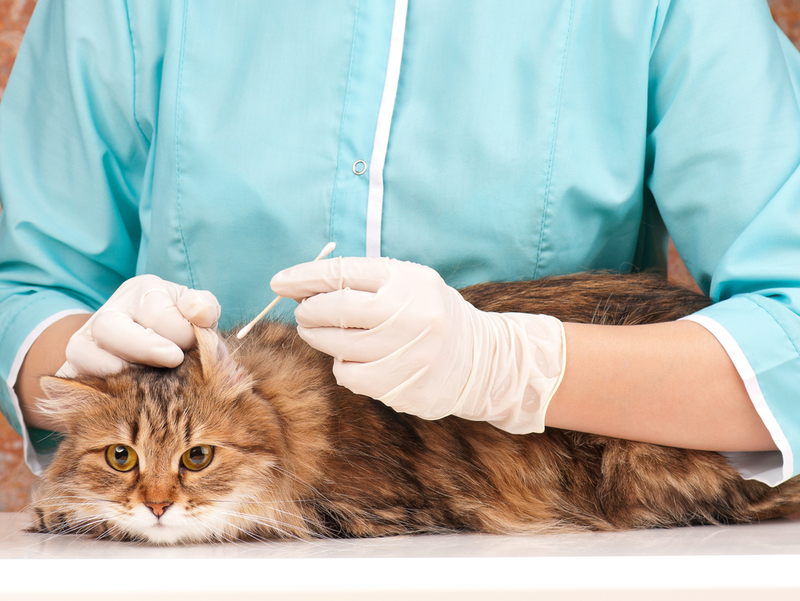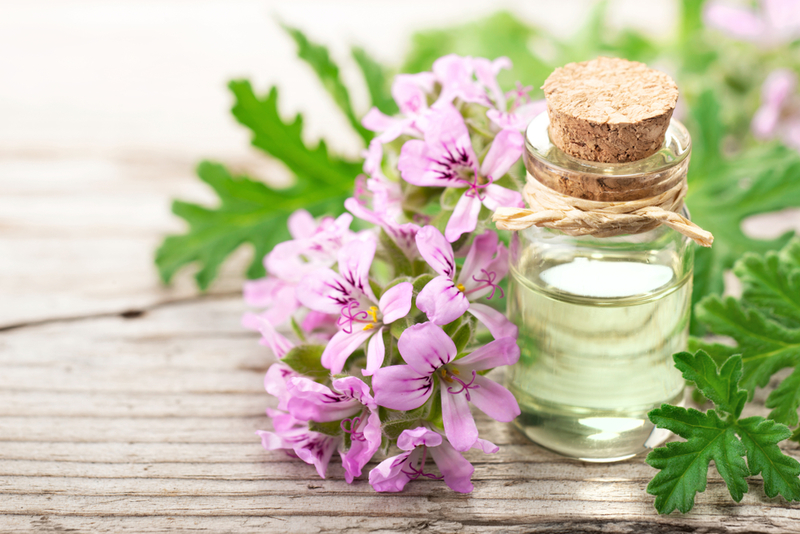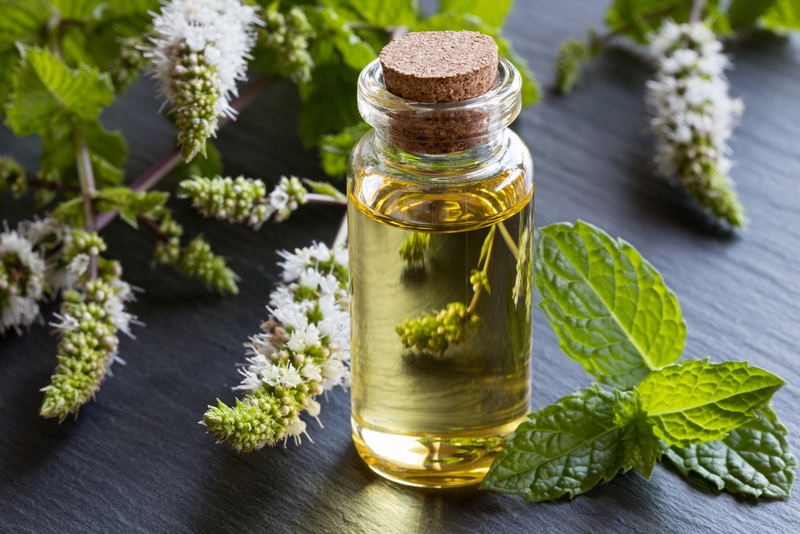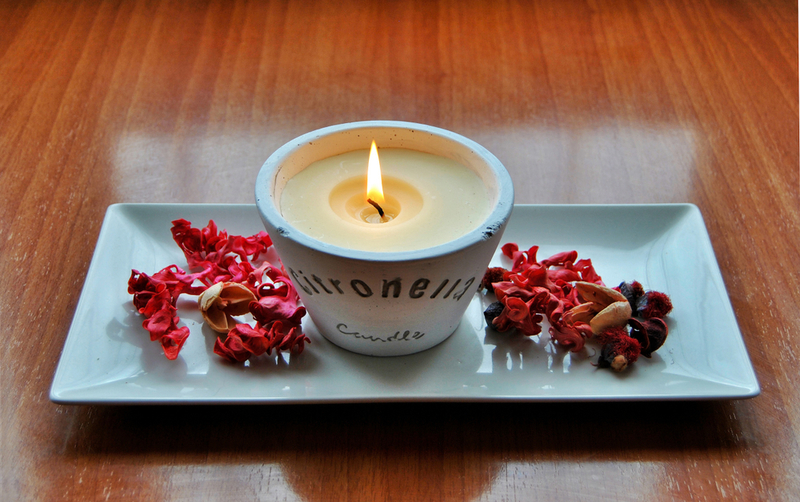
It’s important to remember that cats and dogs can’t ingest everything humans can. In fact, some of the things we ingest on a regular basis can be harmful to them. Never let your cat or dog access essential oils or spices such as thyme, oregano, eucalyptus, cinnamon, or clove. These herbs, as well as others, contain phenols that might be toxic to your pet. This is why it’s important to only buy and use therapeutic grade essential oils for your four-legged friend.
Geranium
This lovely smelling herb might be pleasant for you, but ticks despise it. Using it on your cat or dog will keep the annoying pests away and your pet’s coat smelling fabulous. Geranium oil is safe for pets and you can use it directly on their skin, provided you dilute it with some vegetable oil (using it as-is might cause some irritation). How diluted, you ask? Simple: for 10-25 drops of geranium essential oil, use 2 tablespoons of vegetable oil (olive oil works just fine).

Peppermint
Peppermint oil repels fleas and ticks, not because of its scent, but because of its chemical build. It contains a powerful substance that crushes the insects’ nervous system and kills them. This essential oil would help your pups smell minty-fresh and get rid of any fur-dwelling bugs.

Citronella
Before using citronella, you must know the substance should never contact your pet’s fur or skin. It should also never be ingested by them. Well, how can you use it if it can’t touch your pet in any way? We’re happy you asked. This is more of an environmental repellant. A citronella-scented candle will make your house smell amazing and mask the scent of your pet to any scheming fleas or ticks. If your dog spends a lot of time in your yard, some citronella torches around the perimeter could also help.

What Not To Use
It’s important to remember that cats and dogs can’t ingest everything humans can. In fact, some of the things we ingest on a regular basis can be harmful to them. Never let your cat or dog access essential oils or spices such as thyme, oregano, eucalyptus, cinnamon, or clove. These herbs, as well as others, contain phenols that might be toxic to your pet.